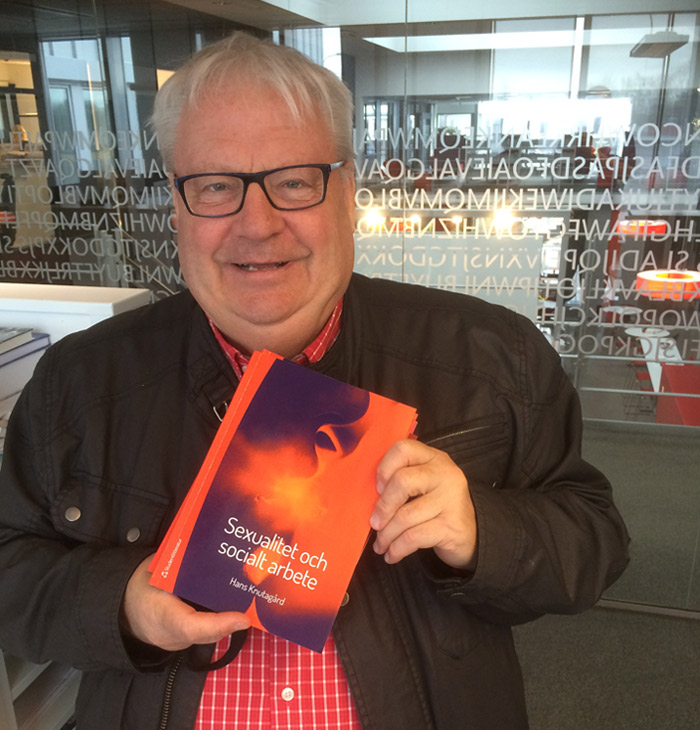Publications
You are welcome to read and download following material. If you use anything from the material or quote it, I would be happy if the author and text are included in your references.
To do or not do, that is the question: A male sex worker’s perspective
What are tomorrow’s challenges for social and health work with male sex workers? In this case study, I have followed one young Swedish male sex worker at different venues; at a brothel, an escort agency, and his private business. The aim of the study is to investigate ways to enhance health equality for male sex workers, despite the discrimination and stigmatization they face. The case study spans more than ten years, with eight semi-structured qualitative interviews, informal conversations, ethnographic fieldwork, and access to the respondent’s personal diary. The collection of data, coding, and analysis of the material were interrelated processes. The theoretical positions used to analyze the material were based on the cultural historical activity theory. The key finding of the study, without any attempt at generalize, is that there is a reciprocal connection between the structure of the external sex working activity and the internal experience of ownership (capacity of agency) by the young man. Depending on the degree of his agency, his consciousness of and ability to cope with vulnerability altered. He struggled all the time with the question: to do or not to do sex work. The findings show that we have to rethink new and different approaches to HIV/health prevention, especially the use of Internet, depending on the sex-working activities. The study concludes that we have to gain a deeper understanding of the complex and contradictory nature of male sex work in the light of a life trajectory.
Gay and bisexual men who have been raped by men
Gay and bisexual men who have been raped by men are an invisible group in social work worldwide. Abdullah-Khan (2008:3) claims that through a ‘combination of cultural, social, legal, and psychological issues, male rape remains one of the most unaddressed issues in our society’. The untreated experience of rape renders these men silent and prevents them from their rightful access to health and social services, social inclusion and justice. For many men, it triggers a destructive trajectory, especially in the area of sexual behaviour. This chapter explores the phenomenon of male rape and considers the implications for sensitive interventions with this group of survivors in social work practice. The chapter argues that violence and lack of choice in sex or sexual relationships should be recognised as a health inequality.
Anti-gay violence – a personal development
How can we explain hate crimes against homosexuals, or as I suggest in my report – young peoples’ gender construction through violence based on a cultural historical activity theory perspective? The report was a part of a non-violence gay project founded by the Swedish Inheritance Fund. The aim of the report was to find efficient ‘hands on’ strategies in order to prevent and counteract violence against LGBTQ-people.
